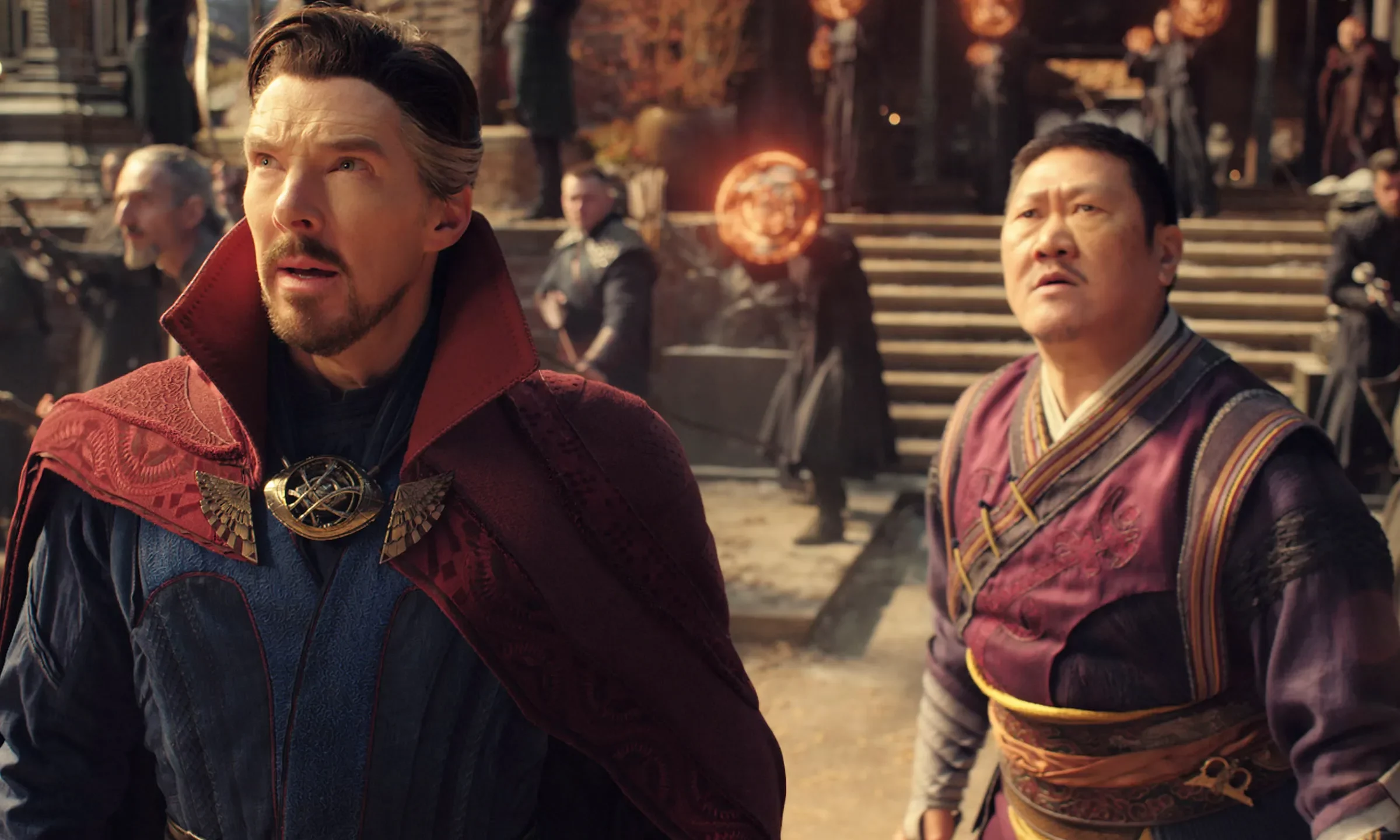In a memorable passage in The Fellowship of the Ring, we get a lesson in how magic works in J.R.R. Tolkien’s legendarium, which accords in large measure with the ancient and medieval Western view of nature. As the company makes its way out of Rivendell and south into the Misty Mountains, they become trapped by an unseasonal blizzard on “cruel Caradhras,” one of the great peaks above the dwarf realm of Moria. Although the storm may somehow be a “contrivance of the enemy,” and Gandalf is able to counter by striking a fire in sticks where his companions are unable, he admits, “I must have something to work on. I cannot burn snow.”
To a wizard, magic is simply what he is equipped to do by applying the unseen power with which he is uniquely but naturally equipped. Compare, for example, a priest (not someone else in the Church) who confects the sacrament of the Eucharist from bread and wine (not something else in the pantry). It is no surprise that even Catholics have trouble believing in transubstantiation when our minds equate “magic” with fun but impossible stuff of fiction. Likewise, we have come to believe that when a person is healed of an illness, it is either because of medical intervention or a miracle. Contrast this with the scientific and miraculous healing of Faramir at the hands of the future King Aragorn, wielding herbs, in Tolkien’s Return of the King.
In more recent fiction, magic is . . . well, whatever the writer says it is. And no place has been a more frustrating locus of arbitrary conjuring in a disenchanted world than the Marvel Cinematic Universe. Nonetheless, I was hopeful about the MCU’s latest offering, Doctor Strange in the Multiverse of Madness, for one big reason: the director, Sam Raimi, who not only gave us excellent movies from an earlier era of Marvel films with Spider-Man and Spider-Man 2 (sorry Spider-Man 3), but also created an entire genre in the Evil Dead franchise that insists upon a more enchanted, yet ridiculous, universe. (If you can handle extremely gory and raunchy content, you will be hard-pressed to find a more hilarious and theologically savvy television show than Ash vs Evil Dead.) In Raimi’s previous work, magic does not work quite like it does in Tolkien, but we are invited to think of reality as a place where normally unseen forces could intrude at any moment into our banal existence.
. . . You lost that magic many, many years ago.
In a few memorable places in Doctor Strange in the Multiverse of Madness, Raimi gets to make use of the fine acting ability of Benedict Cumberbatch to create his unique brand of horror; but on the whole, chaos reigns, opening the MCU into infinite storytelling possibilities that result in total meaninglessness. If one hero is dead in this universe, he may be alive in another! If life is unjust in this world, let’s try somewhere else! And the reality-bending charm of the original Doctor Strange film is wrecked throughout the sequel by its true main character, Wanda Maximoff (a.k.a. Scarlet Witch, played by Elizabeth Olsen), a once minor player in the sprawling set of Avengers heroes and villains, who came into her own with WandaVision, the charming but philosophically incoherent limited series for Disney+, in 2021.
At the heart of the problem with WandaVision is how magic works, and the problem gets much worse in Multiverse. In WandaVision, Wanda attempts to bury her grief by magicking into existence a new version of her sentient robot lover, Vision, along with two sons. The only problem is that Wanda must hold captive and enslave the minds of an entire town full of people to do it. We pause here to consider the “magic” so far. Marital love is a deep mystery, and children are miracles. And yet, as with Gandalf’s fire and Aragorn’s healing hands, marriage and family reveal a deep ordering of reality rather than the expression of arbitrary power. We are encouraged to hope at the end of WandaVision that Wanda will return to the natural world, reject the dangerous and artificial machinations of her Scarlet Witch persona, and move on.

But Doctor Strange in the Multiverse of Madness goes in the opposite direction, right into the magical maelstrom and ultimately to nihilism that is obscured by the spectacle of CGI and an enormous sound design.
(Warning: Mild spoilers from here on.)
Early on, Strange reassures Wanda that she “made everything right in the end” when her experiment of playing house in Westview failed. But how exactly are things right when scores of innocent people are psychologically scarred for life? From there, narrative confusion abounds. What is this octopus demon? How does Scarlet Witch get this Darkhold thing? Who is this America Chavez person? The Illuminati . . . what?! But most importantly, why is Wanda’s attachment to the children she conjured out of thin air so strong, and what does she plan to do with another version of herself—the one that is the mother to her boys in a happier world—when she nearly destroys all worlds to be united with them again?
I was nearly able to wade through the convoluted plot toward the end of the film and its one extraordinary visual spectacle worthy of Raimi’s talent; but then, the chaos magic returned. And the two extra scenes that popped up during and after the closing credits reveal just what the MCU’s increasing reliance on chaos magic does. Quite simply, it’s impossible to end the story, and every kindergartener learning to write knows it’s kind of important to do that.

As the 1960s folk music icon Nick Drake once sang, “I was made to love magic, all its wonder to know. But you lost that magic many, many years ago.” I love magic too. But until Marvel can find real magic again and inspire wonder instead of confusion, Doctor Strange in the Multiverse of Madness may be my last experience of their film franchise. But see . . . even there the MCU has messed with my head.
The end?
